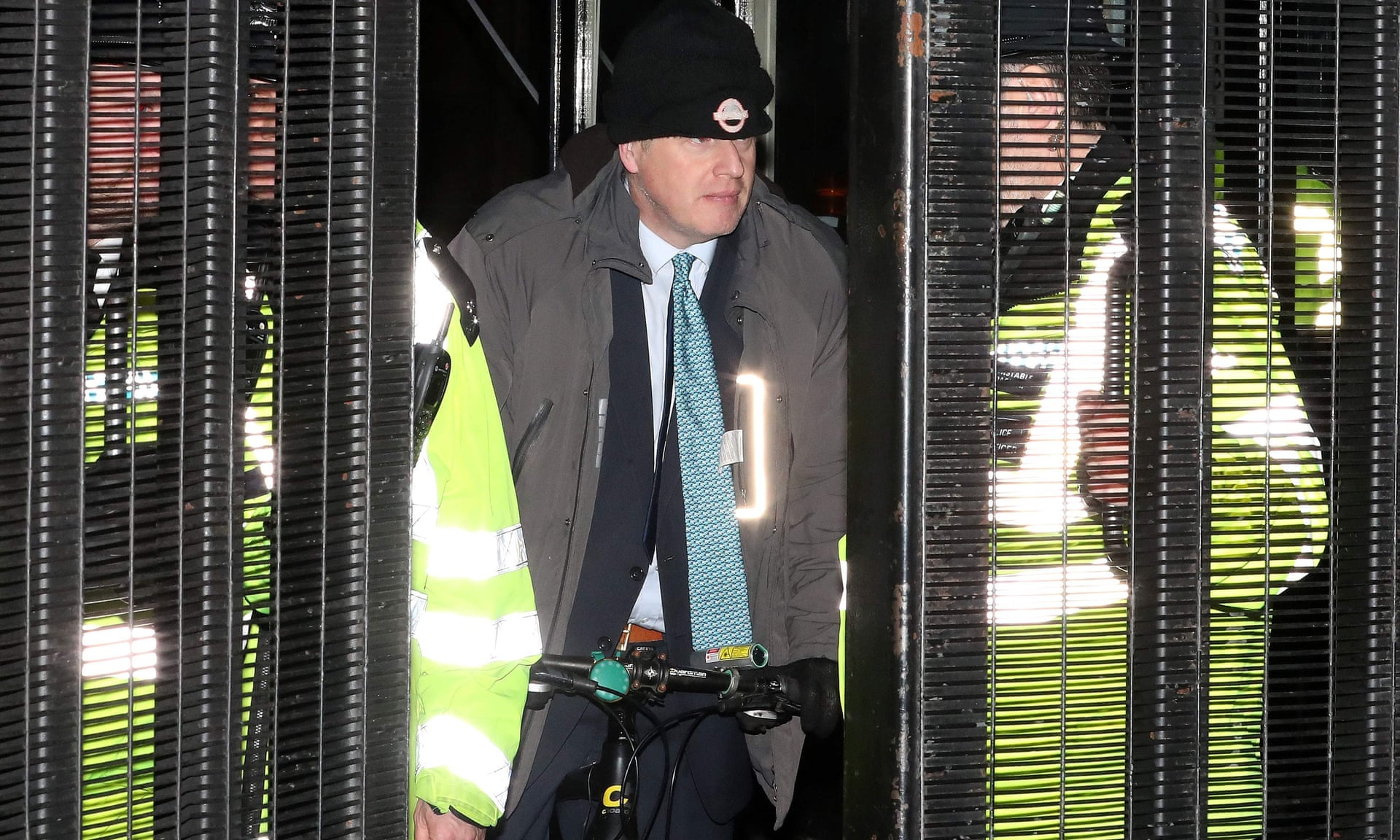
Streets reopen after 70 injured in Wednesday’s rallies that were condemned by government leader Carrie Lam as ‘blatant riot’
Hong Kong fell silent on Thursday as protesters and police maintained a wary eye on each other, a day after the violent clearing of thousands of demonstrators from the streets over proposed extradition legislation that could see suspects sent to mainland China.
Officials said debate on the controversial extradition law that has prompted mass demonstrations would not be held on Thursday, and government offices in the financial district were closed. Small groups of defiant protesters remained, attempting to reclaim crucial areas while others appeared to be restocking for the protests, looking for places to hide protective equipment and other supplies.
Roads previously blocked by demonstrators and police were reopened and evidence of the protests – piles of trash of broken goggles, bottles, and umbrellas – were shunted to the side of the road where sanitary workers cleaned them up. Dozens of police patrolled the central Hong Kong area. Several shops in a mall near the site of the protests were shut.
Demonstrators were shocked by the violence of the previous day, when police charged on protesters, firing rubber bullets and tear gas on them. At least 72 people were hospitalised, two of which were in serious condition.
A few dozen protesters remained on an overpass near the government complex, which includes the Legislative Council, where lawmakers will debate the proposed bill to allow transfers of alleged criminals to mainland China. The law, which critics say Beijing will use to target political enemies in Hong Kong, has brought up to a million Hong Kongers into the streets to protest.
The group, blocked by police, stood quietly and held up laminated signs that said, “Retract” and “Go Hong Kong”. Occasionally the group broke out into a chant, calling for the law to be pulled. Protesters said they did not know what the plan was for the day.
“Some people had to go back to work,” said Mike Tsang, 23, a recent graduate, who was in the group of demonstrators. He hoped more people would come later in the day. “We are coming here to show the police we won’t give up,” he said.
Nearby another group was sorting bags of helmets, face masks and other supplies, and trying to find places around the city to hide the items for when the protesters return, most likely when the debate over the bill is rescheduled. “Today we are safe,” said one of the protesters.
But others were still worried that the government was using the announcement as a ruse to throw off the demonstrators. A group of young demonstrators, university students, huddled in a shopping mall near the government buildings, texting contacts to mobilise a group to gather outside the Legislative Council and block any lawmakers in favour of the bill from entering.
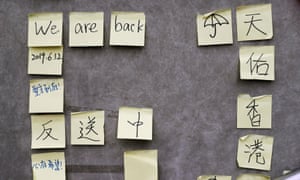
Notes against the proposed extradition bill are seen near the Legislative Council building in Hong Kong. Photograph: Tyrone Siu/Reuters
“Our only chance is to stop the lawmakers from coming in,” said Jason Fong, 19, who said lawmakers could go in today, stay overnight and hold the reading of the bill on Friday.
Several said they believed demonstrators would come back and had been putting out calls to friends and acquaintances through Facebook and Instagram, but also encrypted platforms like Telegram.
Telegram posted on Twitter yesterday, as police were clearing protests, that it was facing a “powerful DDos attack”, referring to a distributed denial of service attack.
Speaking on Wednesday evening, Hong Kong’s leader, chief executive Carrie Lam, condemned protesters for “dangerous and life-threatening acts”. Lam, who is championing the proposed extradition law’s passage, noted that some young people in the crowd had expressed their views peacefully, but said the protests had devolved into a “blatant, organised riot”.
“Since this afternoon, some people have resorted to dangerous, or even potentially fatal, acts. These include arson, using sharpened iron bars and hurling bricks to attack police officers, as well as destroying public facilities,” she said.
Lam added: “To use a metaphor, I’m a mother too, I have two sons,” she said. “If I let him have his way every time my son acted like that, such as when he didn’t want to study, things might be OK between us in the short term.
“But if I indulge his wayward behaviour, he might regret it when he grows up. He will then ask me: ‘Mum, why didn’t you call me up on that back then?’”
Amnesty International said police “took advantage of the violent acts of a small minority as a pretext to use excessive force against the vast majority of peaceful protesters.”
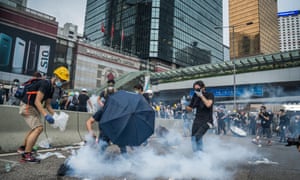
Protester try to use water to put out tear gas which the police used against them in Hong Kong Photograph: Geovien So/SOPA Images/REX/Shutterstock
The crackdown on the protests represented a major escalation of police action against demonstrators. Hospital officials told public broadcaster RTHK that at least 72 people had been hospitalised, of which two were in a serious condition. Pictures and videos on social media showed police firing rubber bullets and bean-bag rounds from shotguns, tear gassing protesters in their faces, as well as beating some with batons.
Man-Kei Tam, director of Amnesty International Hong Kong said: “This excessive response from police is fuelling tensions and is likely to contribute to worsening violence, rather than end it.”
Lam has the support of Beijing, which has repeated its support for the bill as important for fighting crime. In an an English-language editorial, the state-run China Daily defended the bill but “the opposition camp and its foreign masters seem willing to oppose it for their own purposes at the expense of the city’s rule of law, public safety and justice”.
“It is lawlessness that will hurt Hong Kong, not the proposed amendments to its fugitive law,” it said.
State-owned tabloid The Global Times opposition groups and the “western forces behind them” for politicising the proposed legal changes. “Playing with uncontrolled street politics is to push Hong Kong to backwardness and disturbance,” the editorial said. “This is not a wise direction for Hong Kong.”

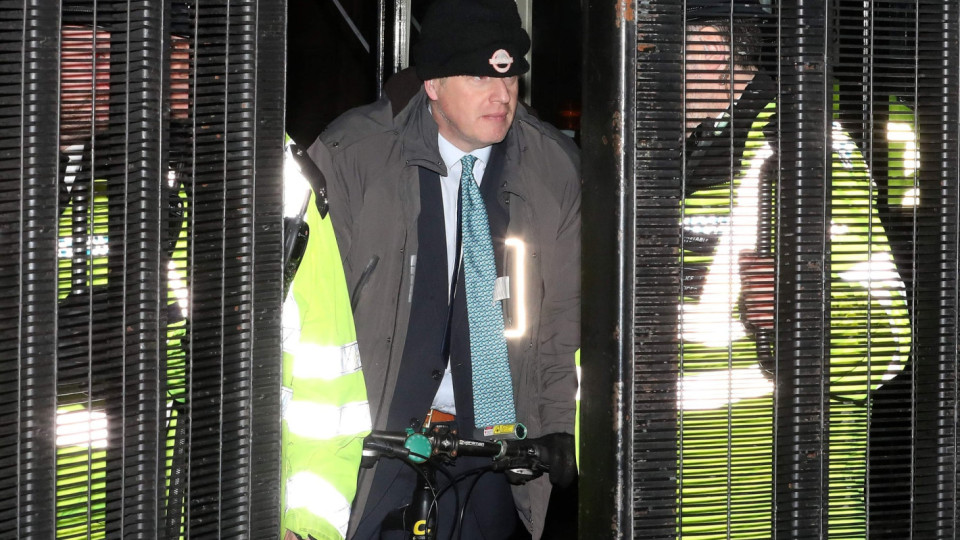





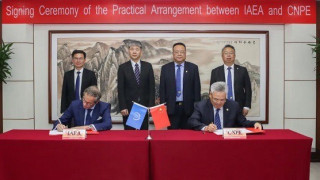

Leave a comment